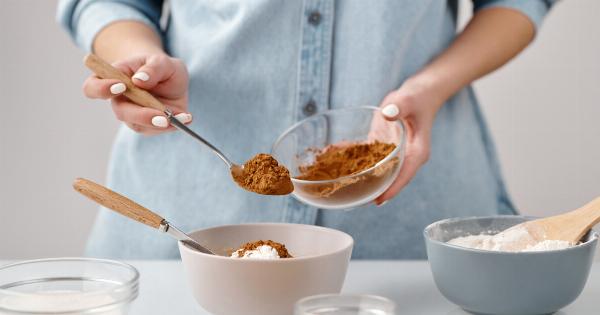Many of us love spaghetti as it is one of the most delicious and easy-to-make meals out there. However, at times, one intends to prepare a large batch of spaghetti and save it for later. What happens if you eat spaghetti cold?.
In this article, we address the concerns surrounding consuming cold spaghetti and break down its implications for our health and well-being.
The Risks of Consuming Cold Spaghetti
When pasta is left out at room temperature, bacteria tend to grow rapidly, leading to bacterial infections among other issues. The primary concern with consuming cold spaghetti is the risk of developing a foodborne illness.
Foodborne illnesses develop as a result of consuming spoilt or contaminated food.
Cold spaghetti is a favorite breeding ground for bacteria that cause food poisoning, especially if it has been left at room temperature for an extended period or prepared improperly.
Moreover, the risk of bacterial infection is higher if cold spaghetti has been stored in the refrigerator or freezer for too long. The spoilage bacteria multiply rapidly at a temperature above 40°F, and as a result, the food becomes unsafe to eat.
Also, consuming cold spaghetti can cause stomach issues such as diarrhea, abdominal pains, and vomiting. When it comes to cold spaghetti, always go for freshly cooked pasta to cut down the risks.
Avoid the Risks of Consuming Cold Spaghetti
The risks associated with consuming cold spaghetti can be avoided altogether with the following measures:.
Store Spaghetti Properly
Ensure that you store leftover spaghetti properly to avoid contamination or bacterial infections. Leftover spaghetti should be refrigerated or frozen immediately and heated before consumption.
Heating Spaghetti
To guarantee that you reheat spaghetti correctly, we recommend frying it with oil or reheating it using a microwave or oven. Make sure the temperature reaches 165°F to eliminate any bacteria or viruses present in the pasta.
Use Fresh Ingredients
When preparing spaghetti, ensure that you use fresh and high-quality ingredients. Fresh ingredients contain fewer bacteria and prevent contamination, eliminating the risks of food poisoning and other bacterial infections.
Prioritize Cleanliness
Ensure that you prioritize cleanliness when preparing spaghetti. Avoid cross-contamination and wash hands, utensils, and other equipment thoroughly after use.
The Benefits of Consuming Freshly Cooked Spaghetti
There are numerous benefits to consuming freshly cooked spaghetti. One of the primary advantages is that the pasta retains its quality and nutrients.
Freshly prepared spaghetti is also less likely to cause gastrointestinal issues, which can be caused by consuming spoiled or under-cooked spaghetti.
Moreover, freshly cooked spaghetti is more delicious and healthier than cold spaghetti. If you are looking to maximize the nutritional value of your spaghetti, the best bet is to consume it fresh.
Conclusion
In conclusion, consuming cold spaghetti carries several health-related concerns, including the risk of bacterial infections and foodborne illnesses.
The best way to avoid these risks is to consume freshly cooked spaghetti and store any leftovers properly. By doing so, you can guarantee that your spaghetti is safe and healthy for consumption.






























